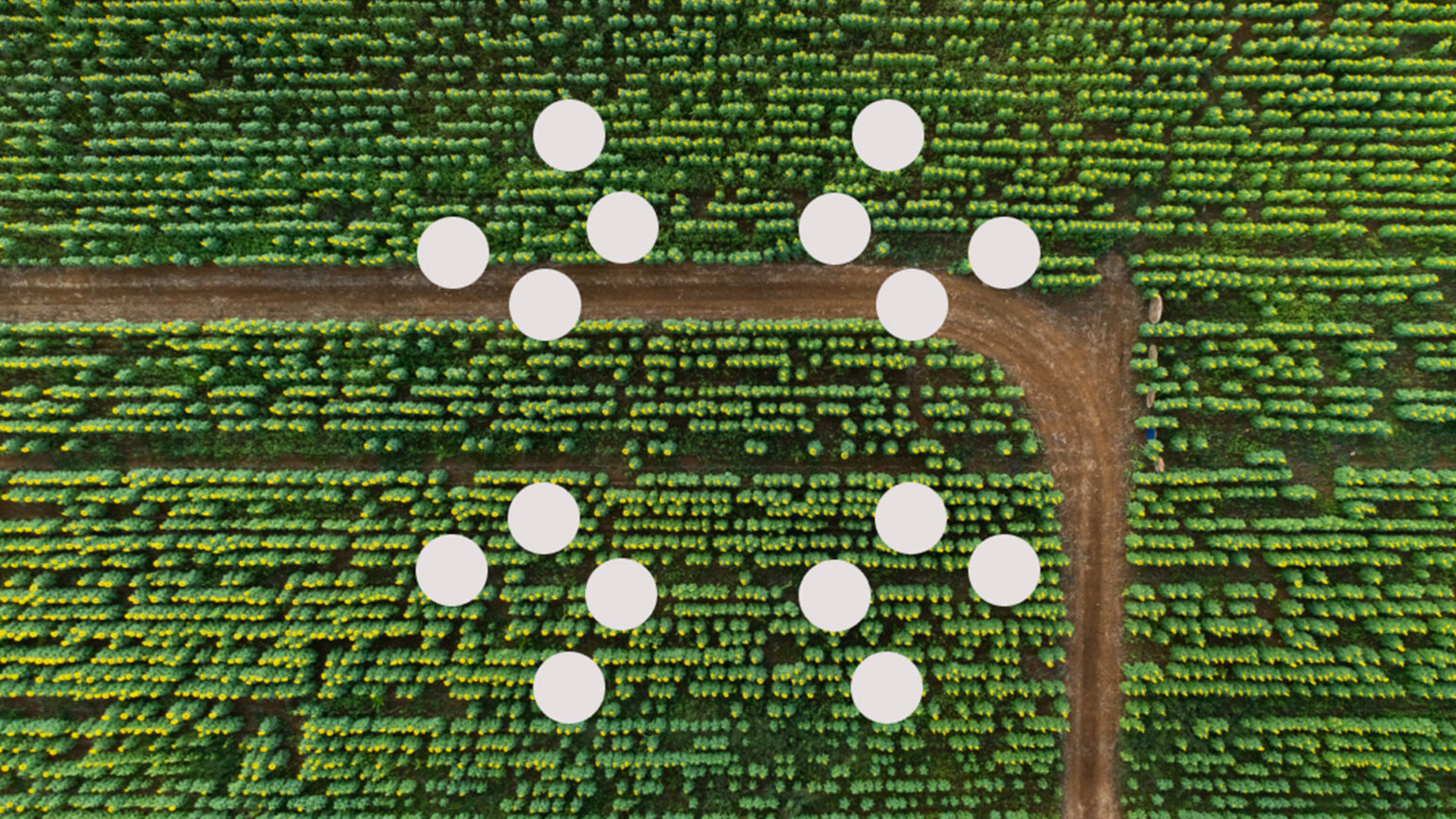In Short : The UK government has announced plans to introduce a carbon tax on steel imports starting in 2027. This move is aimed at addressing concerns about the carbon footprint associated with imported steel and encouraging the use of low-carbon production methods. The carbon tax is part of broader efforts to promote sustainable practices and reduce the environmental impact of industrial processes.
In Detail : Imported raw materials such as steel and cement will incur a new carbon tax from 2027 under UK plans designed to support domestic producers and reduce emissions, but the government is facing criticism for not moving fast enough.
The Treasury said the tax would help address the phenomenon of “carbon leakage”, in which UK manufacturers are undercut on price by foreign rivals whose governments do not impose levies on businesses that emit a lot of carbon.
The result is that emissions are simply displaced to other countries, while greener UK producers lose out because they have to pay carbon-related charges.
The chancellor, Jeremy Hunt, said: “This levy will make sure carbon intensive products from overseas – like steel and ceramics – face a comparable carbon price to those produced in the UK, so that our decarbonisation efforts translate into reductions in global emissions.
“This should give UK industry the confidence to invest in decarbonisation as the world transitions to net zero.”
The Treasury said charges under the carbon border adjustment mechanism (CBAM) would depend on the amount of emissions in the manufacture of the imported product, as well as the gap between the carbon price applied in the country where it is produced and that paid by equivalent UK manufacturers.
Industry groups welcomed the plan but warned that the proposed start date of 2027 was too late.
The trade body UK Steel pointed out that a similar mechanism will be put in place by the EU in 2026, meaning high-carbon steel from countries such as China could be dumped on to the UK market for a year, until the CBAM is in effect.
“With more than 90% of global steel production facing no carbon cost, it is only right that a new carbon border policy is put in place to create a level playing field on carbon pricing,” said the UK Steel director general, Gareth Stace.
“However, implementing the UK scheme one year after the EU CBAM starts is hugely concerning.
“Despite the steel sector repeatedly warning officials how exposed the UK would be if it did not mirror the EU implementation timetable, government today seems to be actively planning for just that scenario.”

